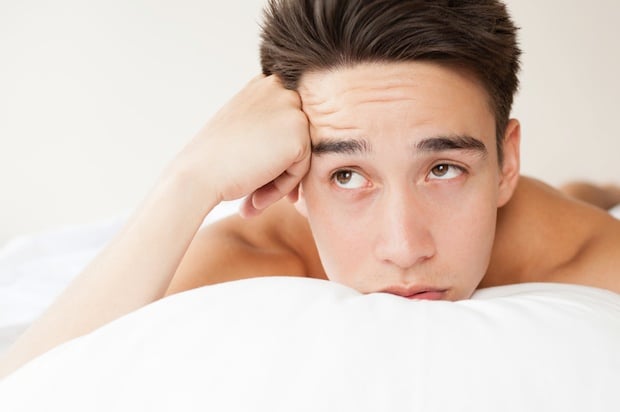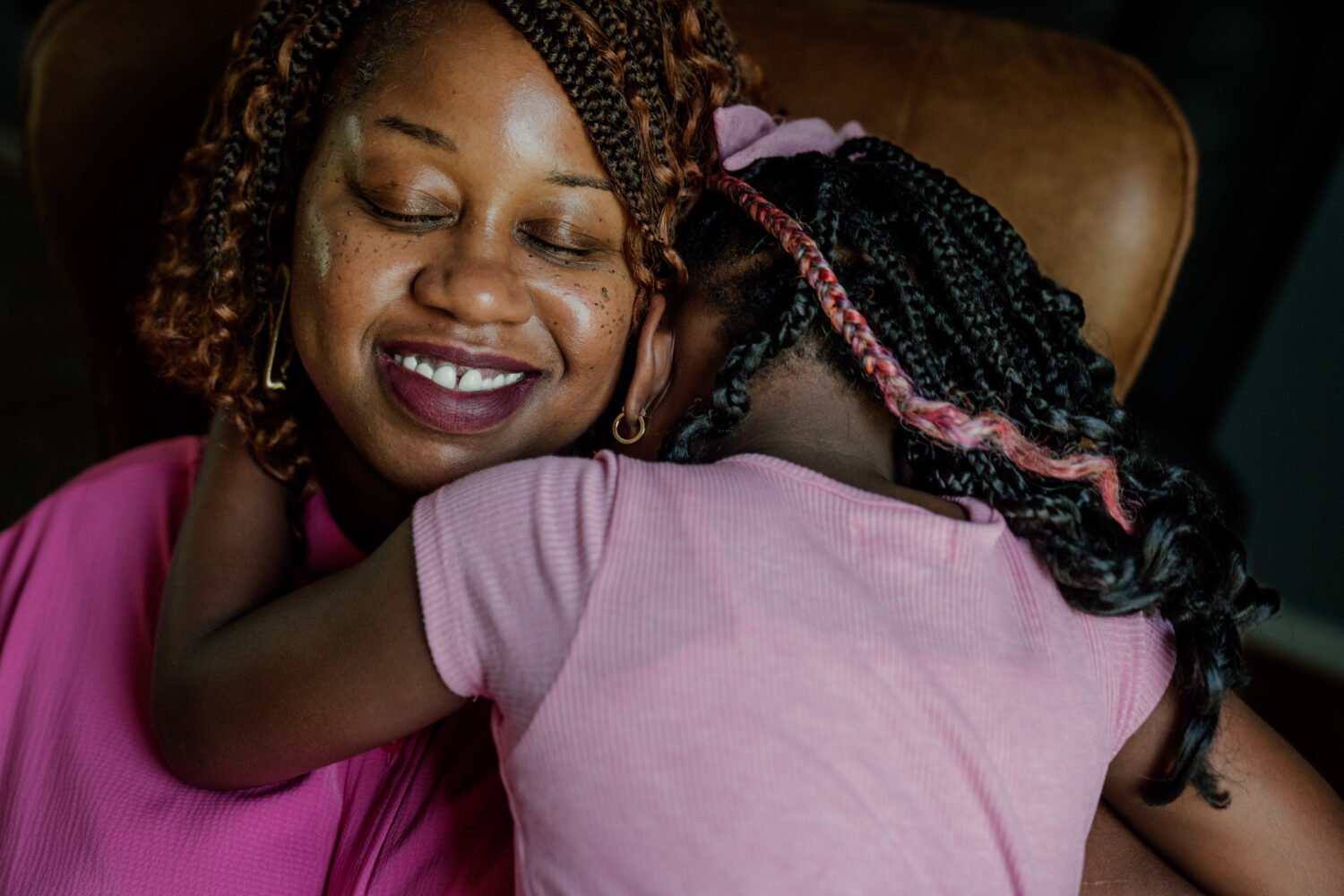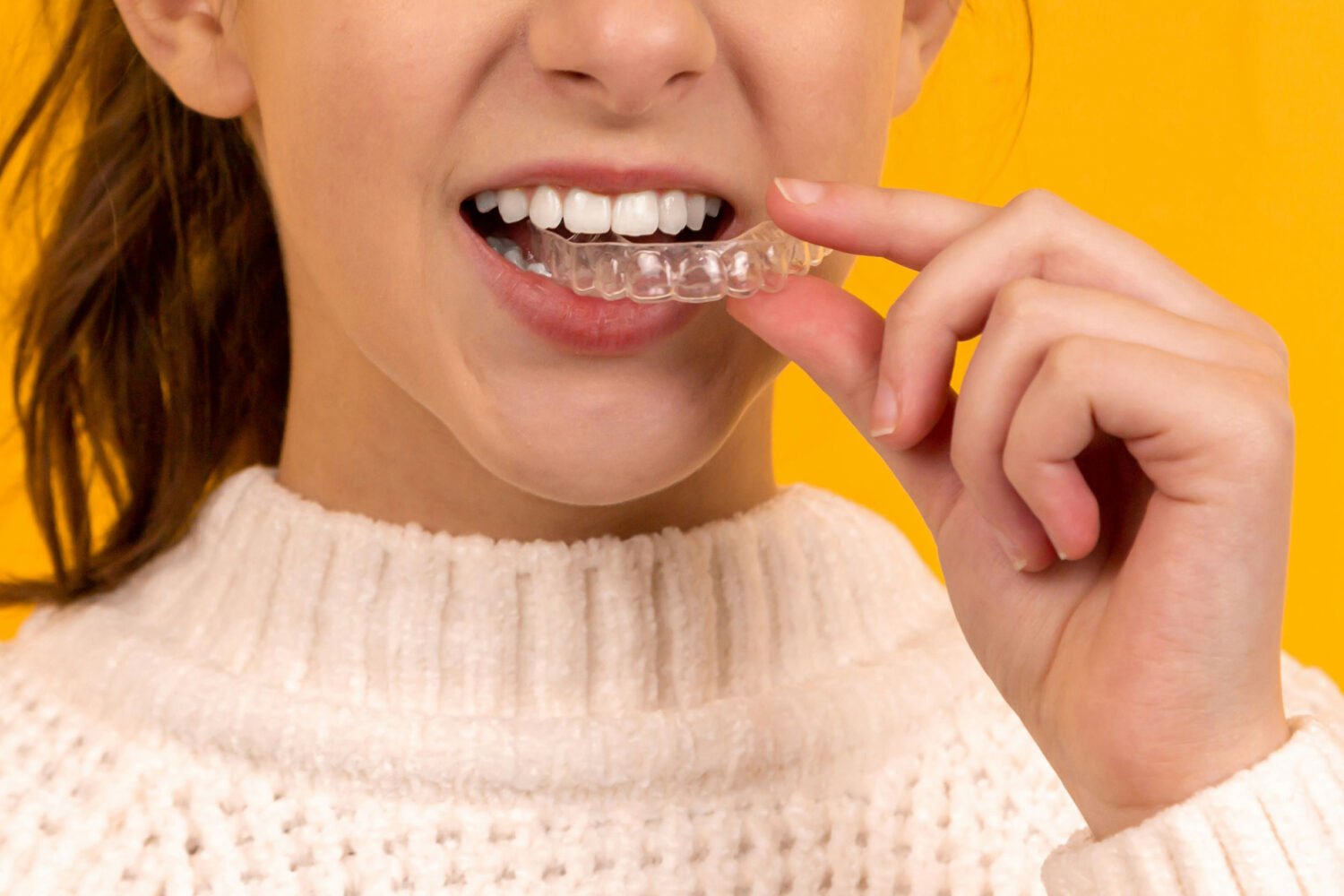An intense bout of exercise after work often has us fast asleep in no time, and past research has indicated that non-exercisers are more likely to be at risk of insomnia.
In fact, Dr. Kelly Glazer Baron, a clinical psychologist at Northwestern University, had previously encouraged her clients to exercise to help alleviate insomnia under the notion that exercise leads to overall better sleep. However, time and time again her clients returned to her office with a consistent complaint: “I exercised so hard yesterday and didn’t sleep at all.”
So to explore exercise’s impact on insomina, Baron and her fellow researchers embarked upon a four-month study that tracked 11 women approximately 60 years old who suffered from insomina. They were instructed to do 30 minutes of cardio three times per week.
Throughout the study, researchers tracked the women’s progress by having them log their quality of sleep as well as their workouts. The researchers also examined participants’ internal sleep patterns via a wrist sensor worn while sleeping to measure total sleep time, sleep efficiency, and wake after sleep onset.
At the end of four months, the researchers concluded that a good night’s rest actually influences the next day’s workout—but exercise does not influence sleep. Those who slept longer hours were likely to have a better workout, while those who slept poorly exercised for a shorter time the following day. Researchers also saw that improving sleep might lead to higher dedication to exercise overall.
Although only a handful of women were examined, researchers said the same was to be expected of men, due to the lack of evidence of a relationship between gender and behavioral treatments for insomnia.
The full study was published in the Journal of Clinical Sleep Medicine.


















